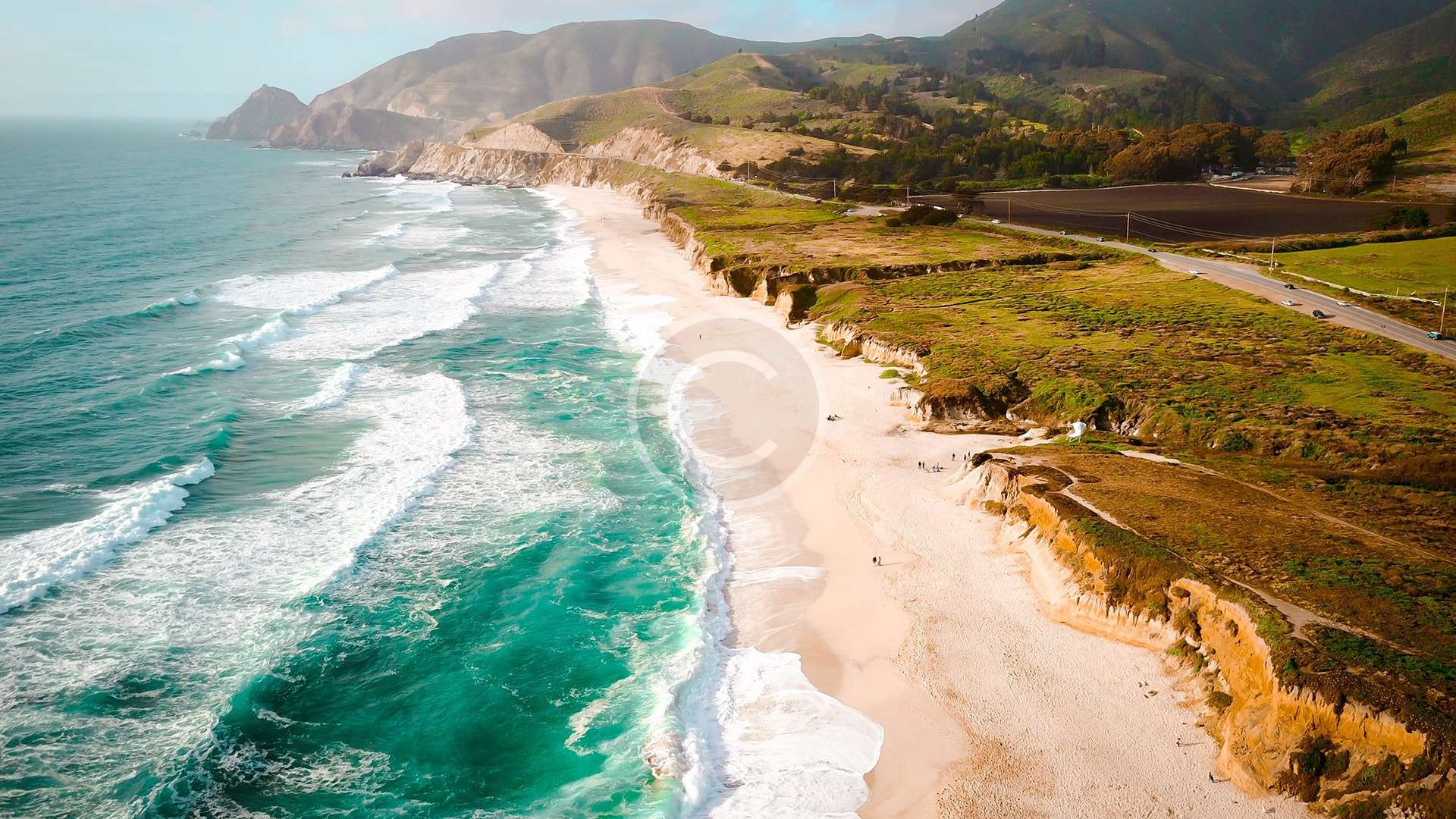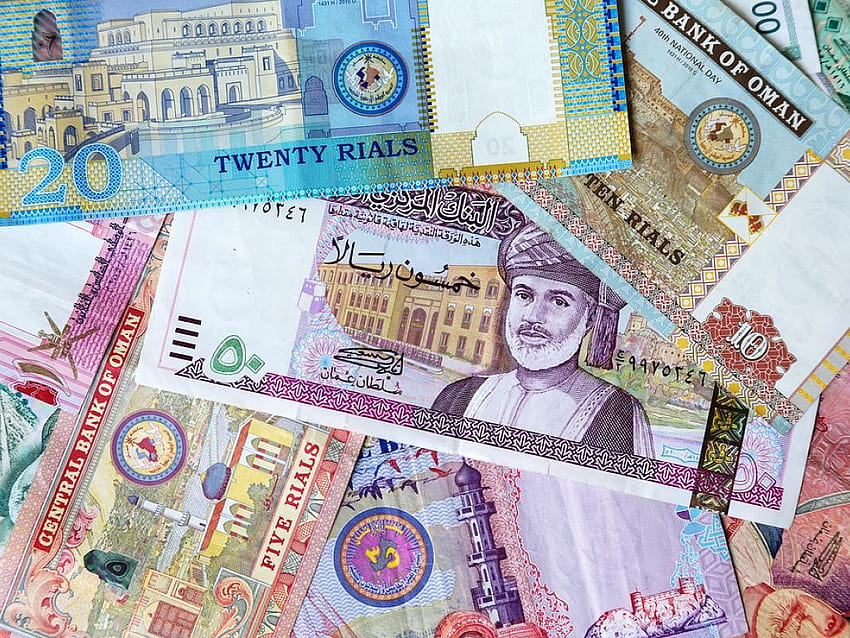Let me give you some important information about how it works
ID: Passport is mandatory and must be valid for 6 months beyond the entry date.

Visa: Residents of more than 100 countries (including all European countries) are exempt from visa requirements for stays of up to 14 days. For more extended stays, applying for a visa online no more than 1 month before entry is advisable. This is best done directly on the website of the Omani police: www.evisa.rop.gov.om. The visa for 30 days currently costs 20 OMR. It can be extended within the country for a further 30 days.
Money: In Oman, the currency is called Omani Rial = OMR. Amounts are represented by a dot in place of our comma, e.g. 2.400 means 2 Rial and 400 Baisas. 1 Rial consists of 1000 Baisas. The exchange rate of the OMR is pegged to the dollar. So there is no exchange rate risk there. The situation is different with the euro. If the euro weakens, you get less OMR for it.
It is advisable not to exchange too much money on arrival at the airport, as the exchange rate here is worse than in the numerous exchange offices in the city. ATMs, where you can withdraw money, are very common, not only in Muscat but also at petrol stations or in small towns.
Credit cards: Credit card payments are very common in Oman. You can pay with Visa in almost all shops and other service providers. Sometimes even only card payment is possible.
Vaccinations: At present there are no vaccinations recommended or compulsory.
Clothing: As a general rule, you should always cover your shoulders and knees out of respect for the country’s traditions. Shorts or skimpy tops are not welcome. Swimming in a bikini is no problem on the beaches of the big hotels. Special care must be taken when visiting the mosque. Here, women are expected to wear long-sleeved, ankle-length clothes that are not figure-hugging and to cover their heads. Men should also cover their shoulders and wear long trousers.
Luggage: If you want to travel the country properly, it is better to change your accommodation from time to time instead of only making day trips from one place. You should not take too much luggage with you. It is best to split your luggage: 1 large suitcase and a small backpack in which you can pack your daily/overnight needs and easily get to places that are not accessible by car. Roller suitcases are also not good to use everywhere. If you want to experience the special places, you have to be prepared for distances that have to be covered on foot, sometimes with a bit of climbing or a lot of steps. Nobody wants to do that with a suitcase….. not even with a small one.
Driving: hiring and driving a rental car is very easy in Oman. For Germans, a normal driving license is sufficient. For other countries, there may be a different rule. You drive on the right here, as in most countries. The general speed limit is 120km/h. Other limits are indicated by the usual signs. The control of the observance of speed limits is very good. There is a radar column every 500m or so, which flashes if necessary. There is a small tolerance. It is not advisable to use it to the full. Fines are passed on to the renter by the car rental company. There are now some areas where parking is no longer free of charge. Large signs are indicating this. It is important to keep this in mind. Payment is made online using an application.
Rental cars: Before renting a car, you should know what you want to do in Oman. For some routes (Jebel Akhdar, some wadis, and the desert) 4×4 cars are absolutely necessary. Other routes are definitely better reached with a 4×4, even if it is theoretically allowed by small car. For campers, 4x4s are also available with a roof tent. Rental can be done online with international providers or with local rental companies. Rental cars in Oman are compulsorily equipped with full insurance. It is advisable to read the small print of the rental contract. Some car rental companies do not allow 4x4s to be driven on unpaved roads. That doesn’t really make sense, of course, because that’s exactly what a 4×4 is needed for. Many roads are unpaved in Oman, not only in the desert. So please read the fine print carefully!
Recommended Car Rentals:
Mobile phones: In any case, you should switch off the roaming function of your mobile phone before entering the country. To be reachable outside the WIFIs of hotels or cafés, it is advisable to buy a prepaid SIM card and have it activated directly in the shop. There are different data volumes from different providers: Omantel, Ooredoo, Vodafone, and others. There are already shops at the airport that sell the cards.
Socket adapters: European plugs do not fit easily into Omani sockets. Some hotels now offer variable sockets or USB sockets. This is by no means the case everywhere. It is therefore advisable to take an adapter with you.
Sun protection: The sun’s rays in Oman are higher than in many other countries. Sunscreen with factor 50 should be in your luggage. A cap or hat can also protect you effectively from sunstroke.
Water shoes: To be able to walk in Wadis and on some beaches without problems, it is advisable to bring water shoes.
Transport: Be prepared for the fact that there is little public transport. Either you have a rental car (car or 4×4 depending on the route), a driver/guide with a car or you take a taxi. It is advisable to download the O-Taxi app onto your mobile phone.
Accommodation: There are all categories of hotels in Oman. Most hotels are 3* and 4* and are very good to use. 5* hotels and resorts are mainly in Muscat, Jebel Akhdar, and Salalah. There is a lot of new planning and construction going on at the moment. It is to be hoped that the charm of the places will not suffer as a result. Simpler guesthouses are also available. In some places, the location is what is really luxurious, not the golden tap. Wild camping is allowed almost everywhere in Oman, whether with a 4×4 with a roof tent or with a small tent. Equipment is available for rent from some car rental companies.
Alcohol: In Oman, alcoholic drinks are only available in licensed hotel restaurants. If you want to drink alcohol beyond that, you should bring it yourself from the duty-free. … or you are lucky enough that your guide has a license to buy spirits in special shops. In any case, the consumption of alcohol in public places is not allowed..

